|
On July 13, 2024, the Family of Saint Sharbel in the US celebrated the Feast of Saint Sharbel at the National Shrine Grotto of Our Lady of Lourdes in Emmitsburg, Maryland. The event began with Eucharistic Adoration at 10:45 AM, followed by the Holy Mass at 12 PM, celebrated by Fr. Cesar (IVE) and Fr. Theodore Trinko (IVE), Chaplains at the Shrine, in St. Mary's Chapel. The celebration was attended by members of the local Lebanese community, other pilgrims of the National Shrine, and Mr. Raymond Nader, Founder and President of the Family of Saint Sharbel. After the Holy Mass, the priests led a procession with Saint Sharbel’s Relic ending with the blessing with & veneration of Saint Sharbel’s Relic. Fr. Cesar blessed the people individually with the holy oil of Saint Sharbel. After the ceremonies, sweets and prayer cards were offered to the pilgrims. At the end, Mr. Raymond Nader gave a talk about Saint Sharbel and the Family of Saint Sharbel in the world.
0 Comments
From April 29 to May 12, 2024, the president of the Family of Saint Sharbel, Mr. Raymond Nader, visited Poland. Mr. Nader was accompanied by Father Antoine Beshaalani and a group of Family administrators. The visit included a spiritual retreat from May 2nd to 5th at the Niniveh-Kokotiek Center, attended by approximately 150 people. The topics were presented by Mr. Raymond Nader, focusing on Maronite spirituality and the spirituality of Saint Sharbel. The visit also featured a tour of various Polish regions, during which Mr. Nader shared his life testimony and his experience with Saint Sharbel. The tour included participating in Masses, Eucharistic adoration, recitation of the Rosary, and blessings with Saint Sharbel’s oil. In addition to a thanksgiving Mass with First Communion children at Saint Carolina Parish in Tychy, and Mr. Nader's life testimony before a group of students from the Saint John Paul II Institute of Theological Studies and the Bible in Gliwice. Outside of the spiritual retreat and tour, Mr. Nader also met with the core group of the Family of Saint Sharbel in Poland, a group from Slovakia, and another from the Czech Republic. Various personal and spiritual experiences were exchanged. Lastly, on the media front, Mr. Nader had three radio interviews with “Radio Jana Gora,” “Radio EM,” and “Radio Katowice”; and another interview with a Catholic magazine in the Czestochowa area.
After the Holy Mass, Fr. Ted led a procession with Saint Sharbel’s Relic while the faithful followed singing Maronite hymns. At the shrine, they gathered for the final blessing with the relic and individual blessing with the Holy oil of Saint Sharbel. Watch the video The Catholic Church held its sixteenth ordinary general assembly during the month of October 2023 with cardinals and bishops from all over the world participating. This time, the Pope also invited ten representatives from each continent – priests, consecrated persons, and laypeople – to participate in the discussions with the right to vote. Among the representatives from Europe, as one of the five laypeople, was Mr. Alexander Banka, the head of the Family of Saint Sharbel in Poland.
Mr. Raymond Nader, president of the Family of Saint Sharbel, has visited Poland four times so far. He is planning to visit again in May 2024, when he intends to tour new parishes in northern Poland and participate in spiritual retreats with the leaders of newly established Family of Saint Sharbel groups.
Click HERE for Mr. Nader's latest visit to Poland. On Saturday, April 13, 2024, in the presence of His Excellency Bishop Gregory J. Mansour, Bishop of the Eparchy of Saint Maron of Brooklyn, and with many clergy in attendance, including Bishop David Zubik (Roman Catholic Bishop of Pittsburgh) and Chorbishop Anthony Spinoza (representing Bishop A. Elias Zaidan), the new Saint Sharbel Spiritual Life Center was dedicated. A group from the Family of Saint Sharbel USA also participated in the event Dr. Anne Borik, Executive Director, offered insight to the attendees of this momentous occasion on the mission and vision of the St. Sharbel Spiritual Center. Along with Dr. Borik, Subdeacon Vincent Michael (Assistant Director) takes care of the center and communicates with center visitors.
The Saint Sharbel Spiritual Life Center also offers a special day in honor of St. Sharbel on the 22nd of each month unless otherwise specified. Saint Sharbel Spiritual Life Center 820 Crane Ave Pittsburgh, PA 15216, USA Email: [email protected] Please note: a significant portion of this article was copied directly from a recent post on the Center’s Facebook page.
Mr. Raymond Nader, president of the Family of Saint Sharbel, visited Poland for the fourth time between June 4th and 15th, 2023. The visit included tours to various parishes. There, after the Divine Liturgy, Mr. Nader spoke about Saint Sharbel, his mystical experience with him, and the Family of Saint Sharbel. Afterwards, the parishioners were blessed with Saint Sharbel's oil. The dense attendance across various parishes was noteworthy. After these celebrations, Mr. Nader met with groups interested in establishing a Family of Saint Sharbel in their parishes, explaining to them the spiritual rules of Family of Saint Sharbel, how the meetings are conducted, and some of the qualifications that individuals interested in joining should possess. It is worth mentioning that the obligatory prayer of Saint Sharbel has become available in Polish, due to the previous establishment of Family of Saint Sharbel groups in several parishes in a previous period. This visit also included a Mass on June 14th at the Church of St. Carolina, presided over by the bishop of the archdiocese, where an altar of Saint Sharbel was consecrated and his relics were received and exposed.
Mr. Nader will continue his visits to Poland in May 2024, where he will tour new parishes in northern Poland in addition to participating in spiritual retreats with the members in charge of the newly established Family of Saint Sharbel groups.
The president of the Family of Saint Sharbel, Mr. Raymond Nader, visited Slovakia from October 5th to October 14th, 2023, accompanied by members from the Family. The visit started with a long pilgrimage day during which the delegation visited the Shrine of Our Lady of Marianka, then the Basilica of Our Lady of the Seven Sorrows, and finally the Shrine of Divine Mercy in Butkov. Additionally, visits were made to St. Nicholas Cathedral in Bratislava and the Shrine of Our Lady in Litmanová. The visit also featured several life testimonies. The highlight of the visit was the inauguration of the Saint Sharbel House of Relief in Slovakia, followed by a Divine Liturgy attended by two bishops and over 20 priests. Furthermore, Logos TV conducted an interview with Mr. Nader, during which he spoke about the life of Saint Sharbel and his Mystical Experience with the saint. He also discussed the spirituality of the Family of Saint Sharbel and its various activities, as well as the possibility of establishing a Family of Saint Sharbel in Slovakia.
A group from the Family of Saint Sharbel, USA, attended a retreat with the Maronite Monks of Adoration at Most Holy Trinity Monastery in Massachusetts from Thursday, March 7 to Sunday March 10, 2024. During the retreat, Abbot Patrick, Fr. Robert, and Fr. Maron delivered talks covering: The Transformative effect of Fast; The Transformative effect of Prayer and Almsgiving; Awareness of vices & virtues. The talks were followed by Q&A sessions.
The president of the Family of Saint Sharbel, Mr. Raymond Nader, visited Australia, where he met with the Family members and participated in several spiritual activities. The visit began on Thursday, September 14th, 2023, and lasted for ten days, during which Mr. Nader had meetings with the Lebanese community in Australia to get acquainted with its members, as well as participated in several masses.
On February 3rd and 4th, 2024 in Havana, Cuba, the Church of St. Thomas and St. Charbel was inaugurated with representatives from the Vatican and the Maronite Church in attendance. |
Publishing DepartmentThe Family of Saint Sharbel has established a new Publishing Department. More
ProjectsLearn about our ongoing projects to help introduce Saint Sharbel and the Maronite spirituality to the English speaking communities. Check out our YouTube Channels
Saint Sharbel's Miracles & Healings .
Family of Saint Sharbel, USA.

Archives
July 2024
Categories
All
|















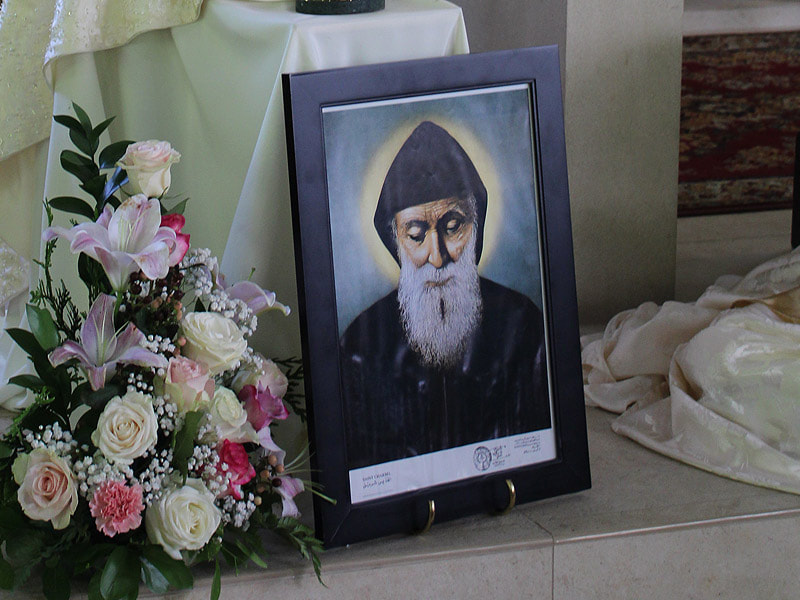


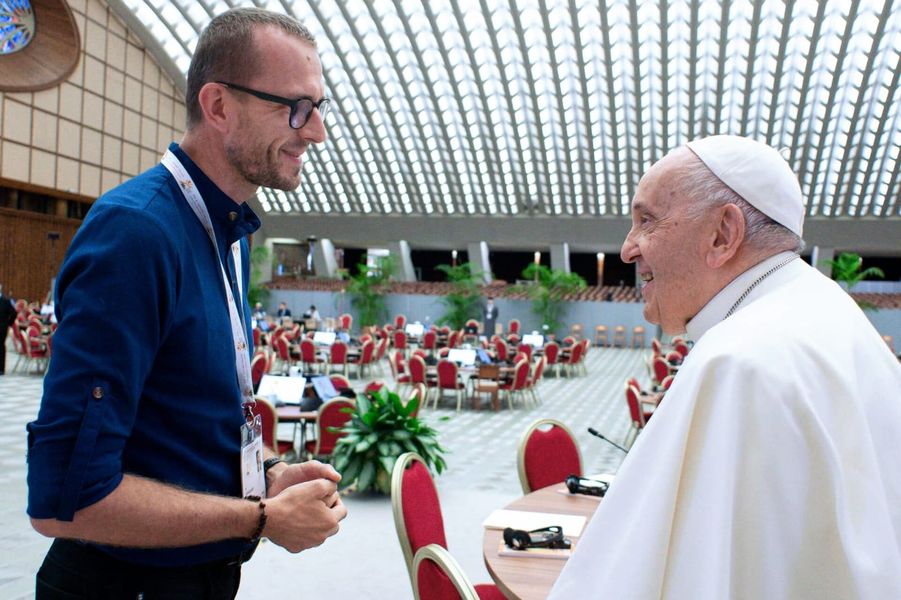
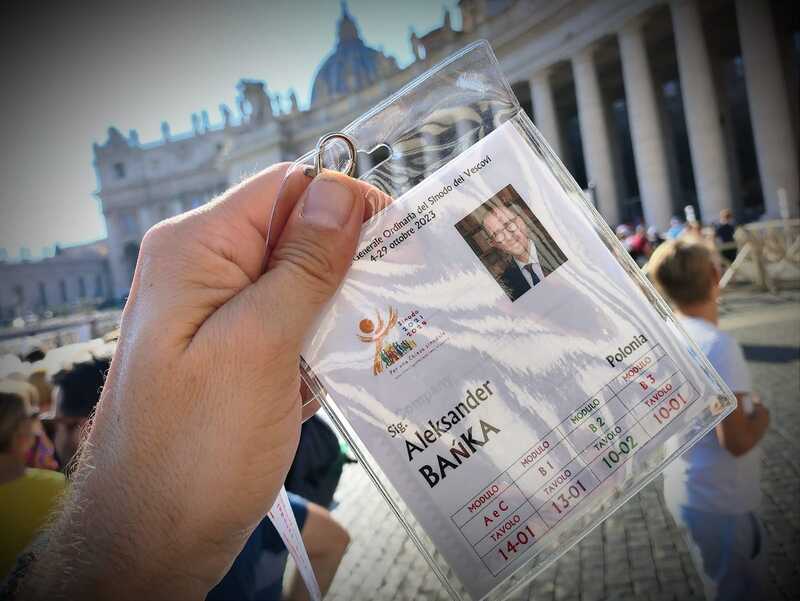
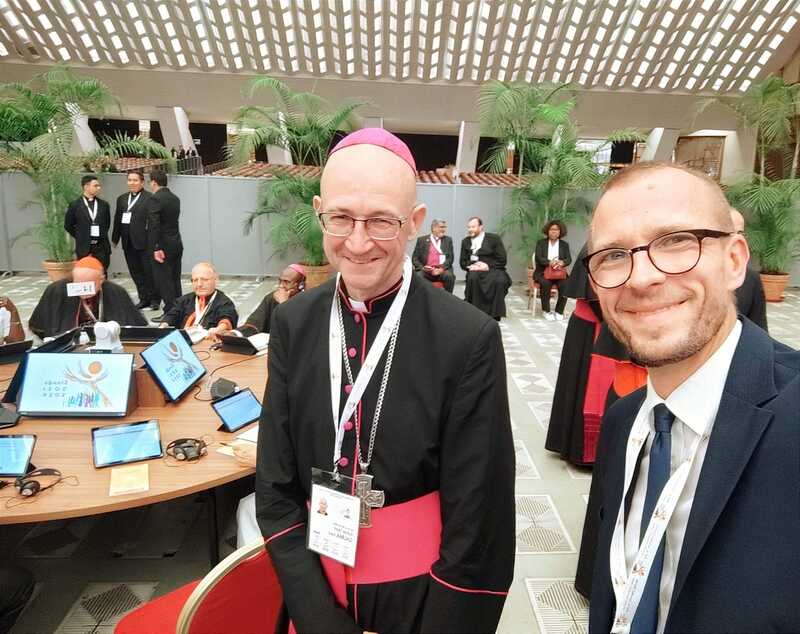
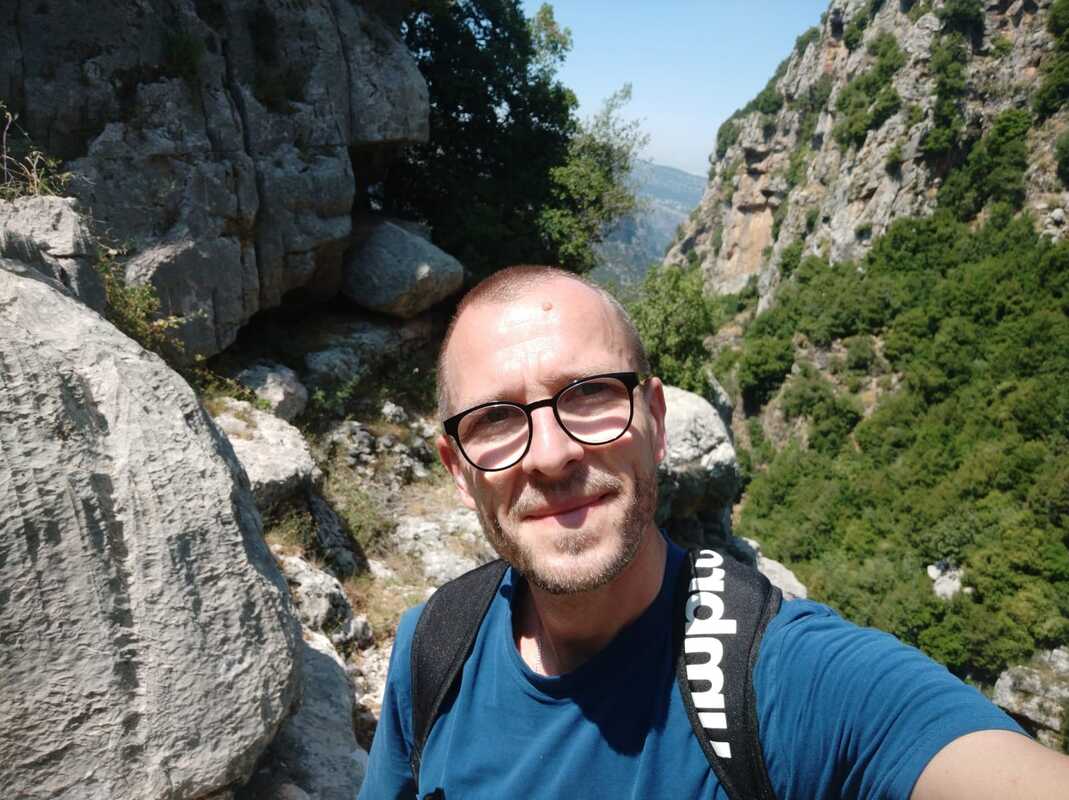
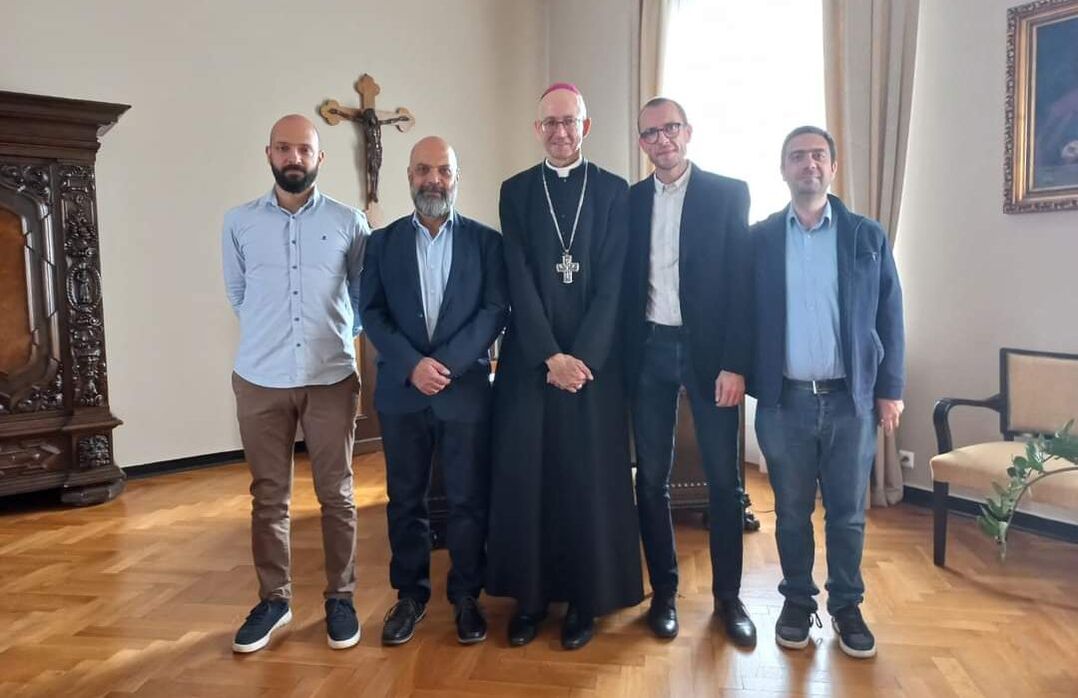
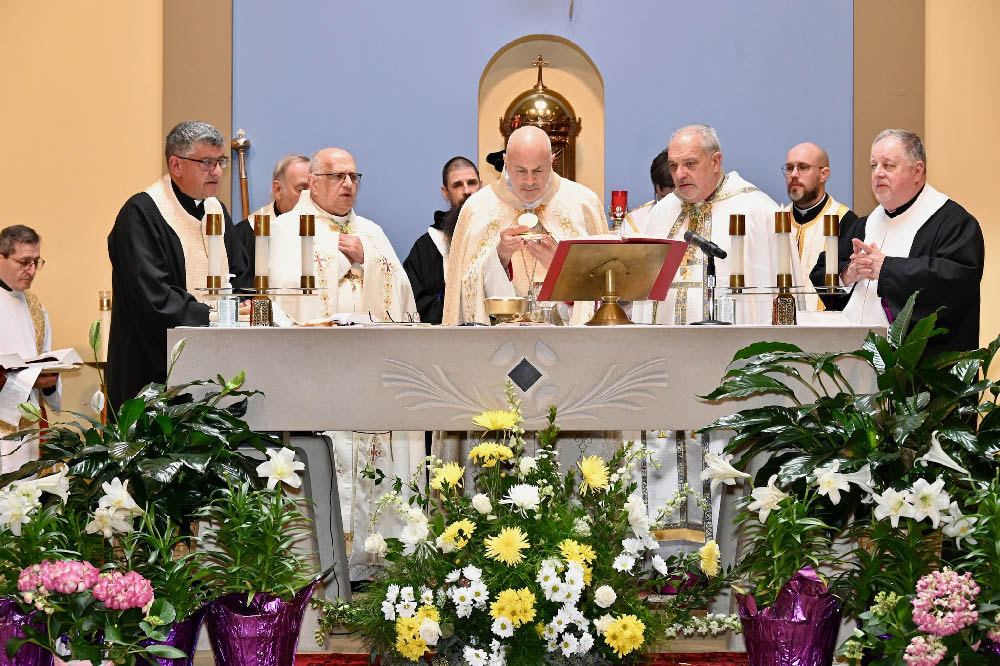
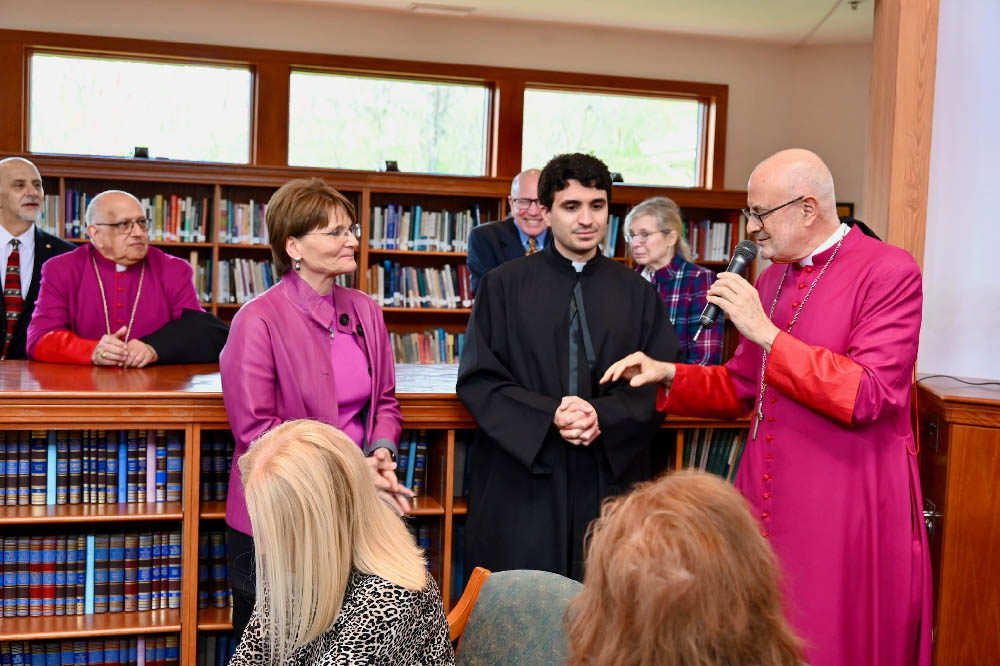
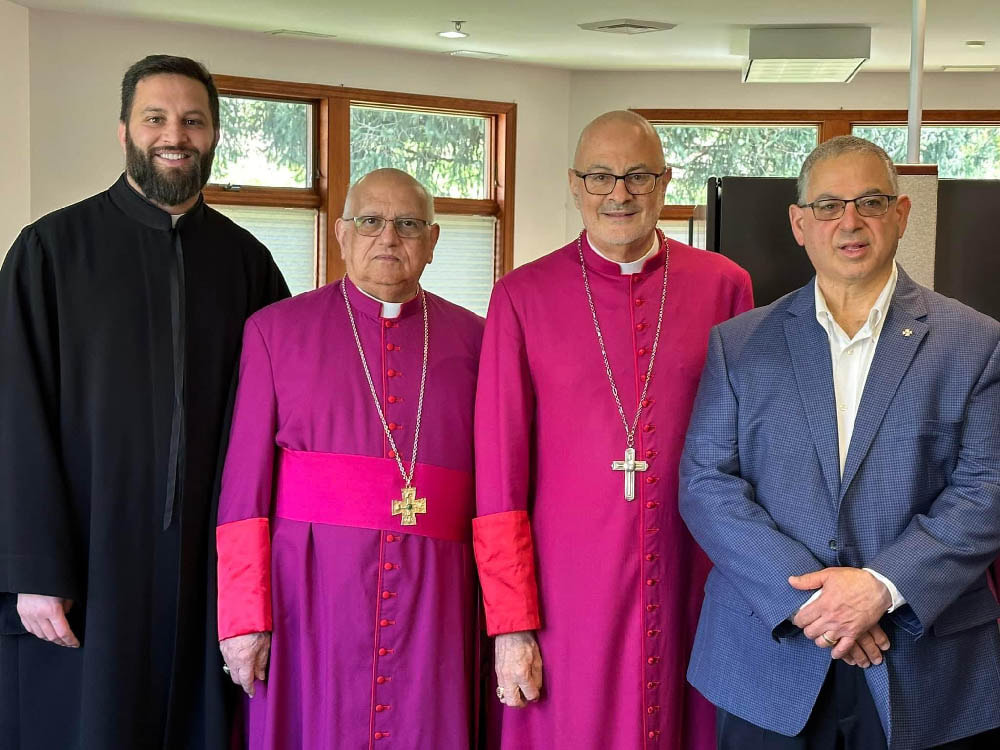
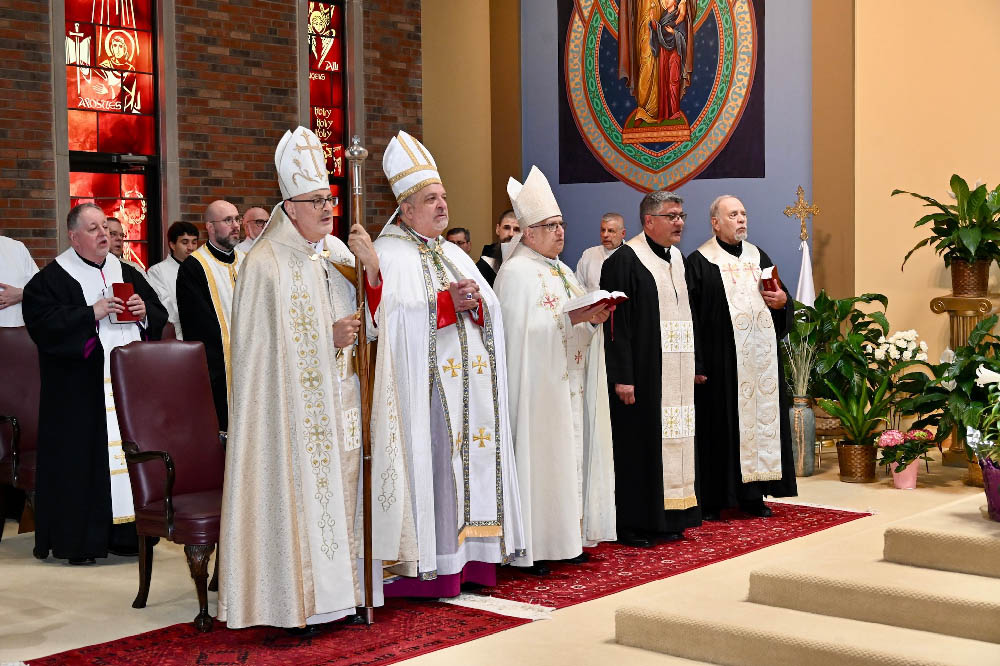
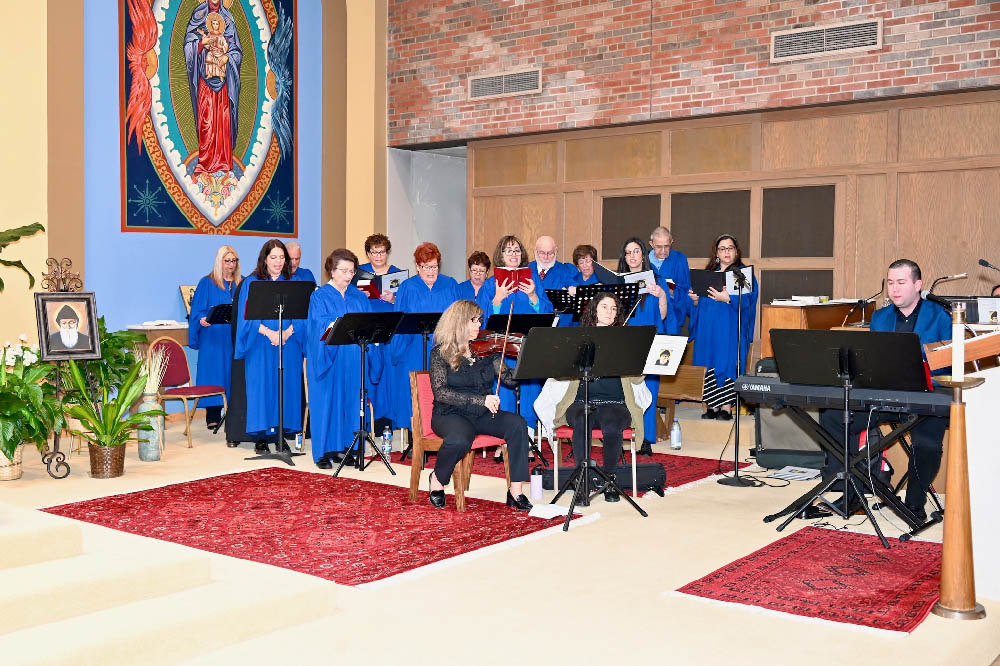
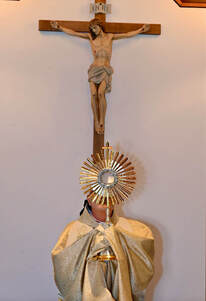
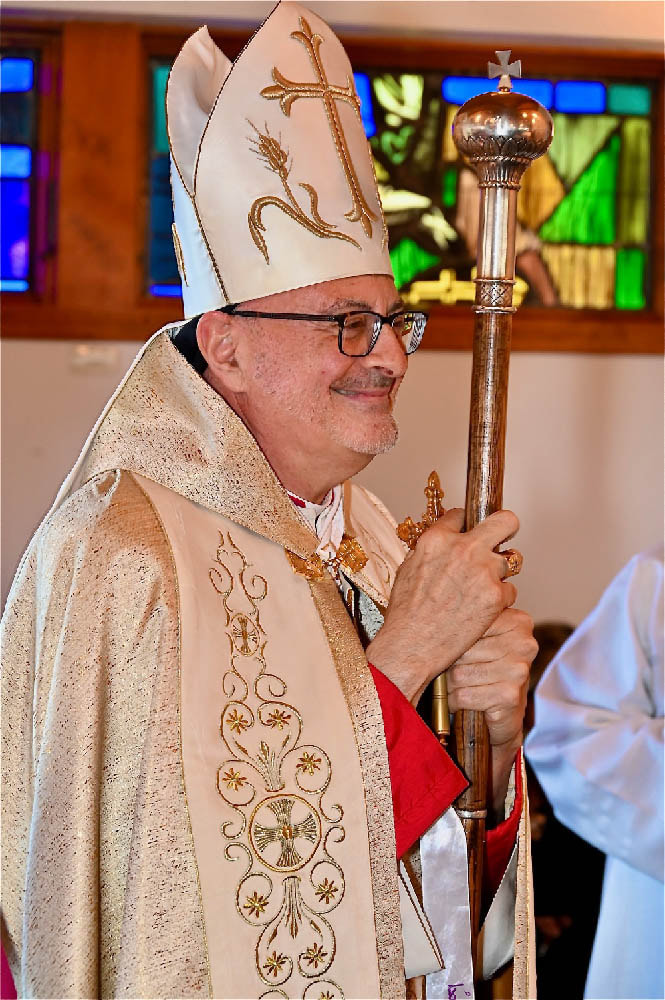
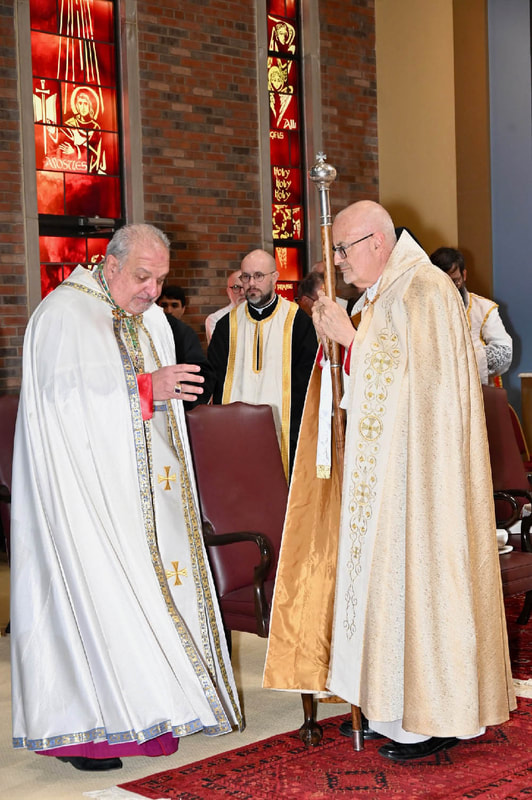
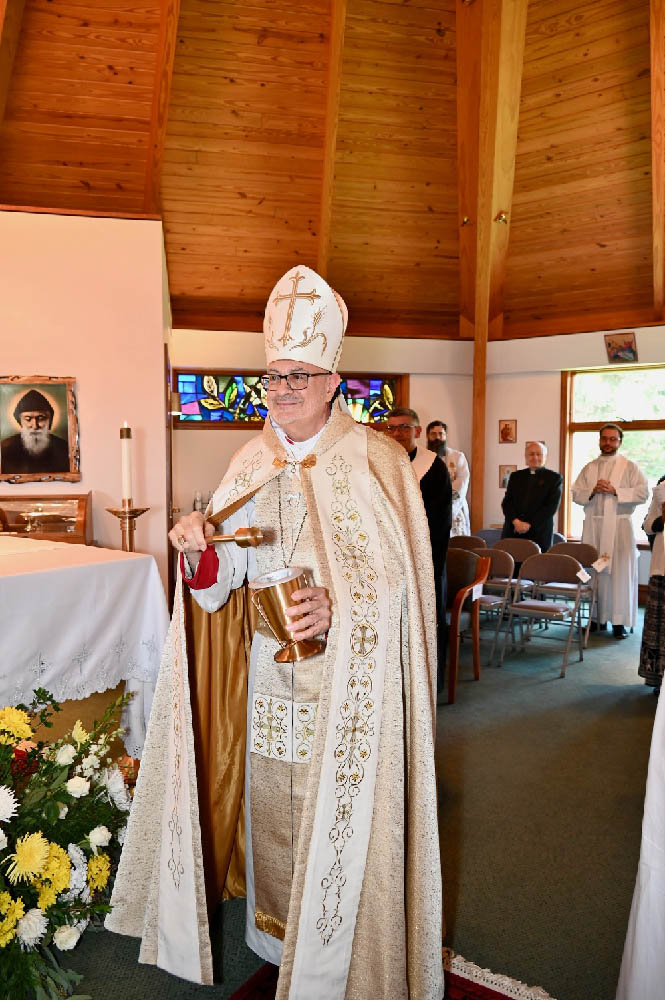
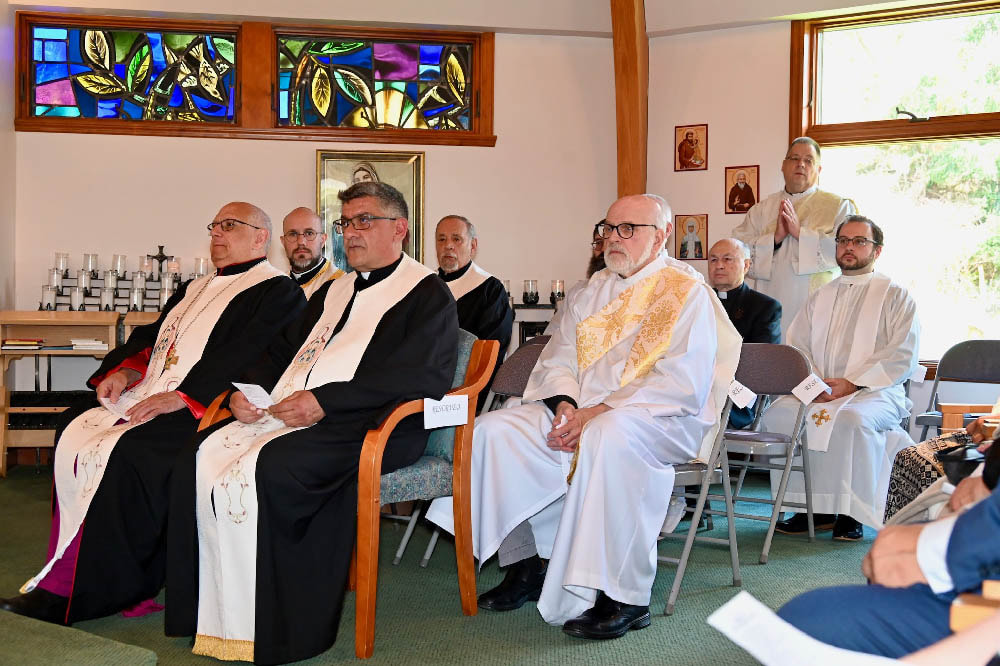
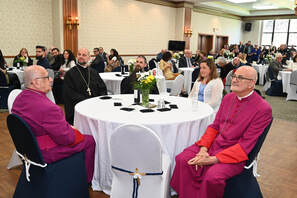
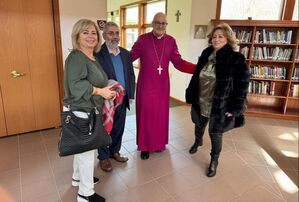
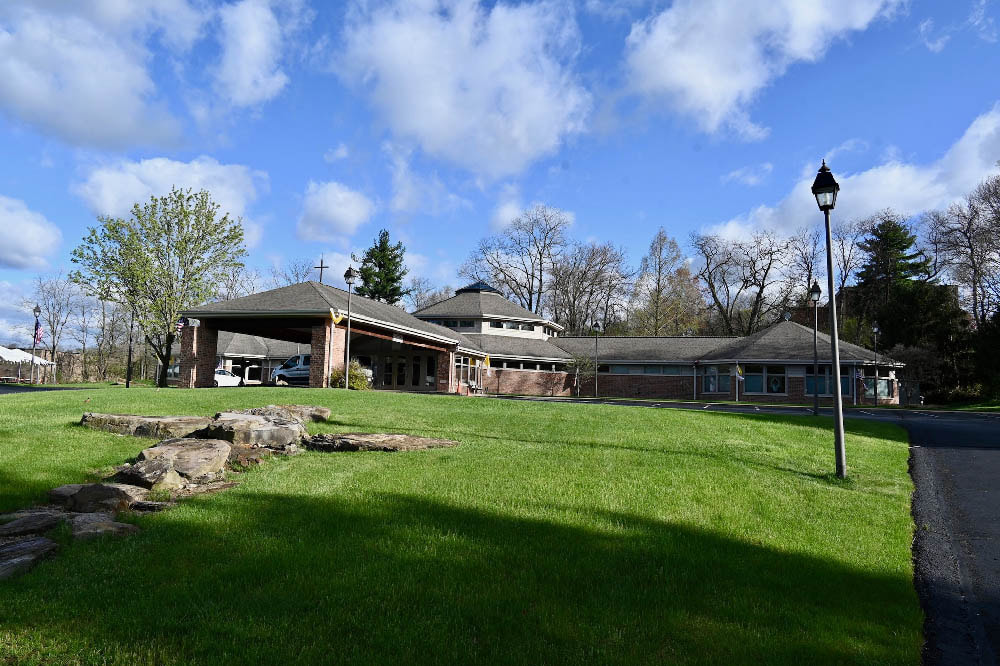
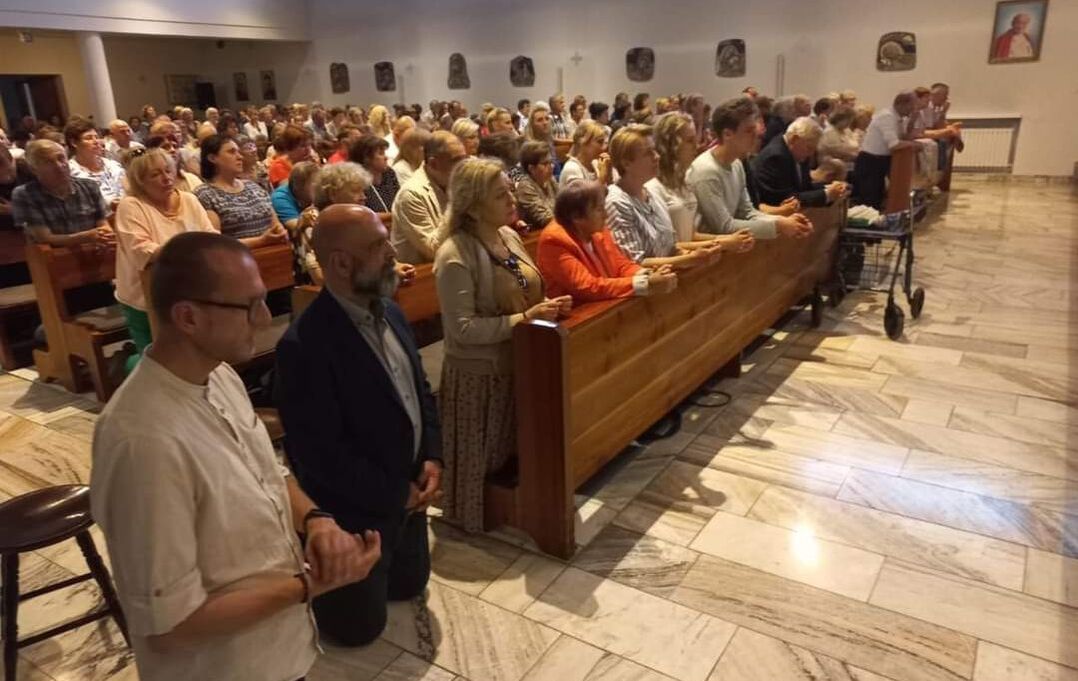
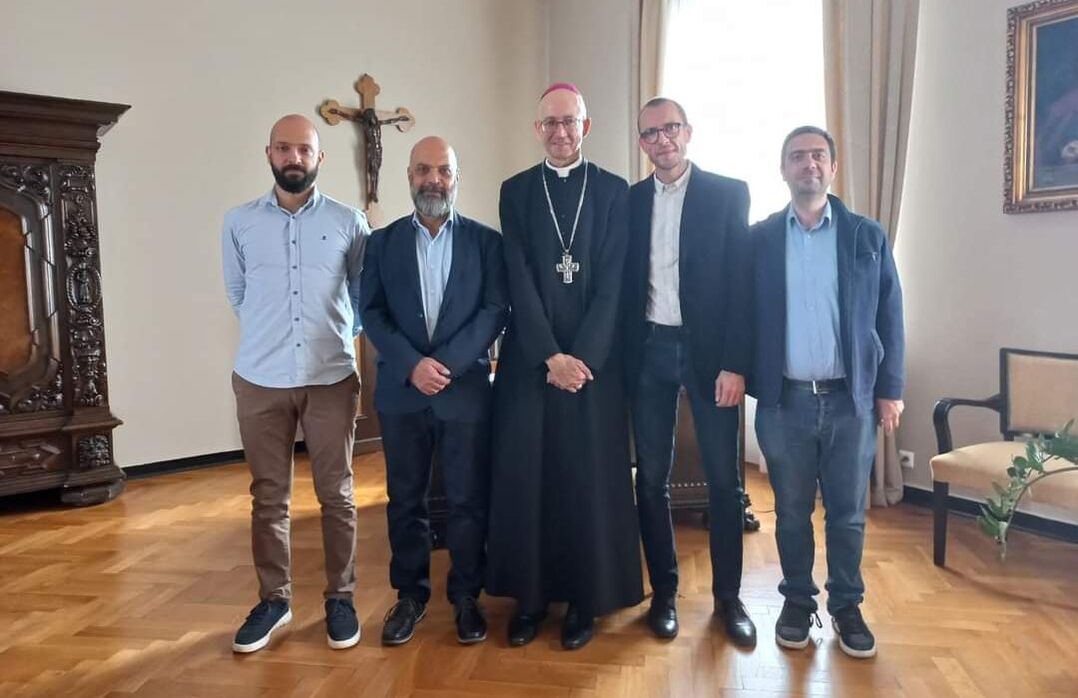
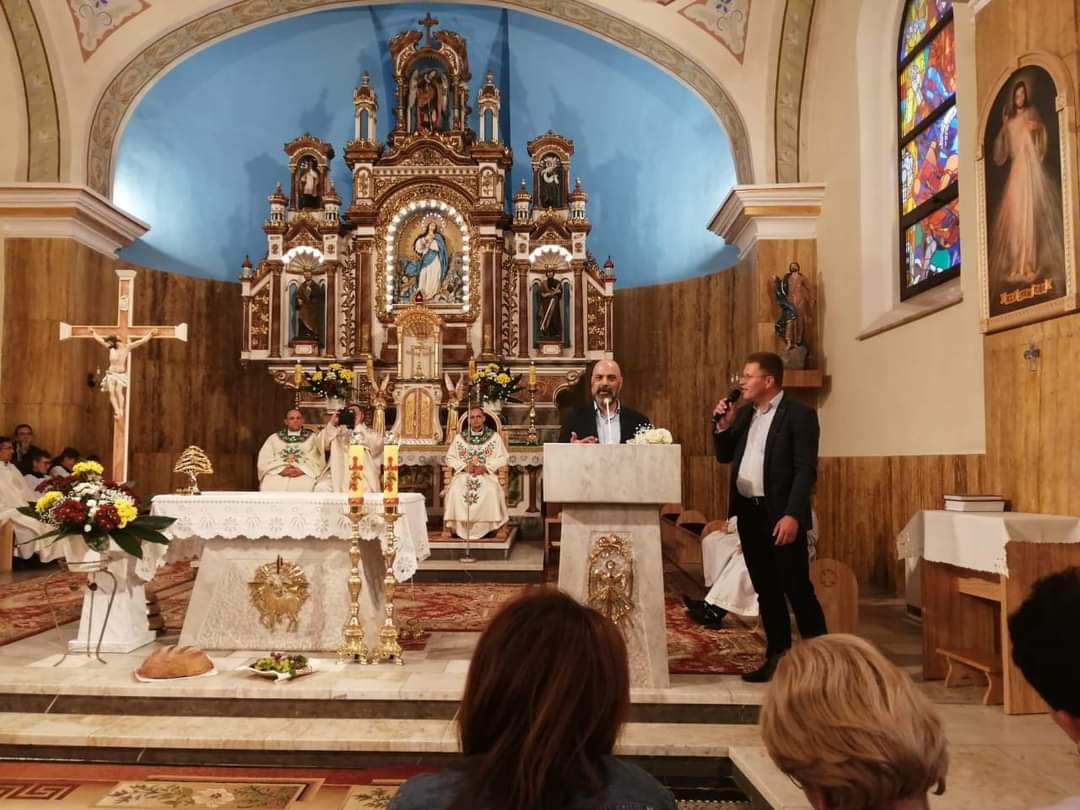
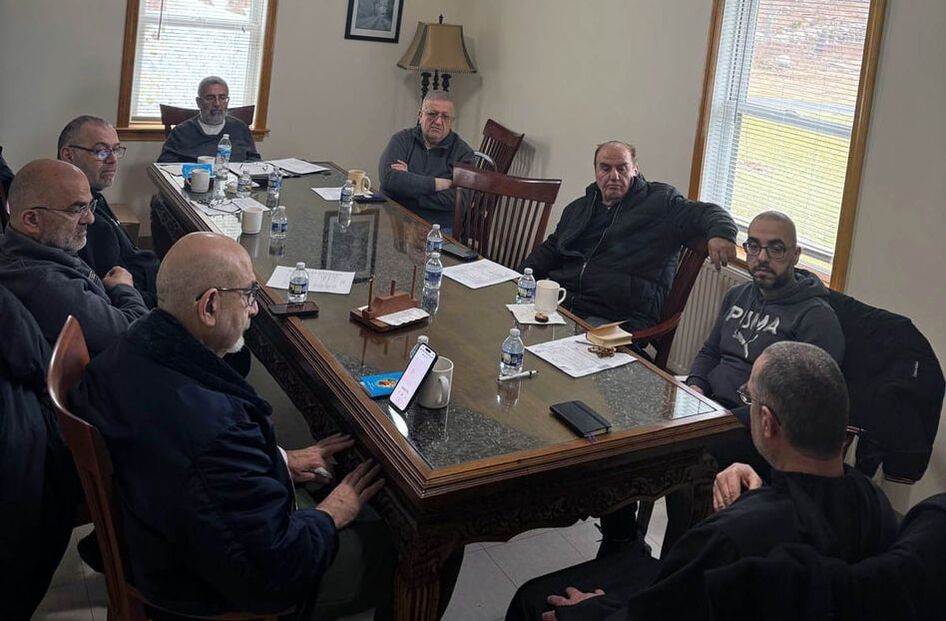
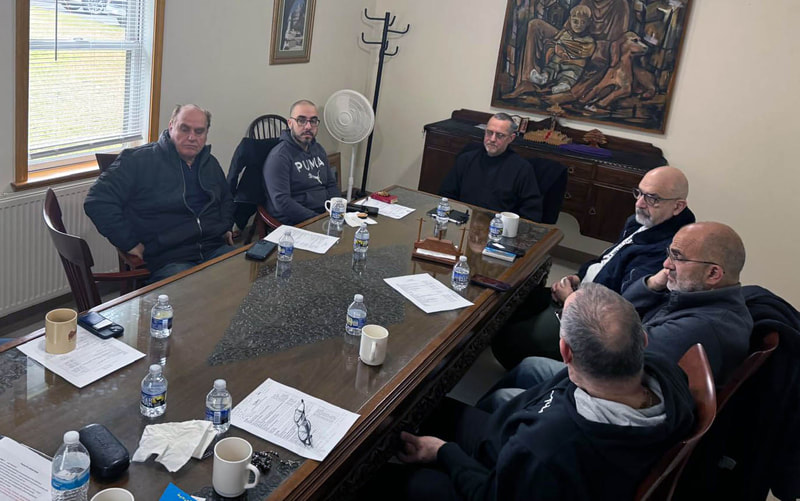
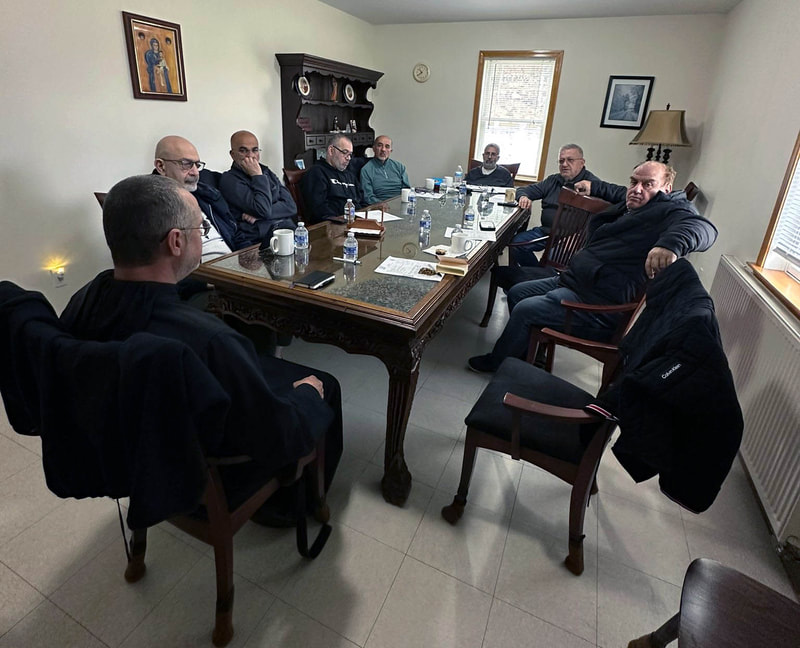
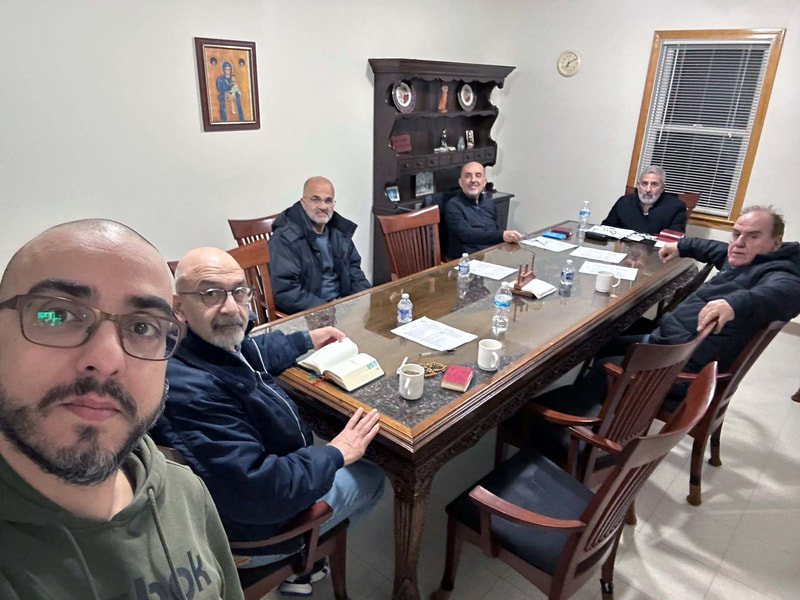
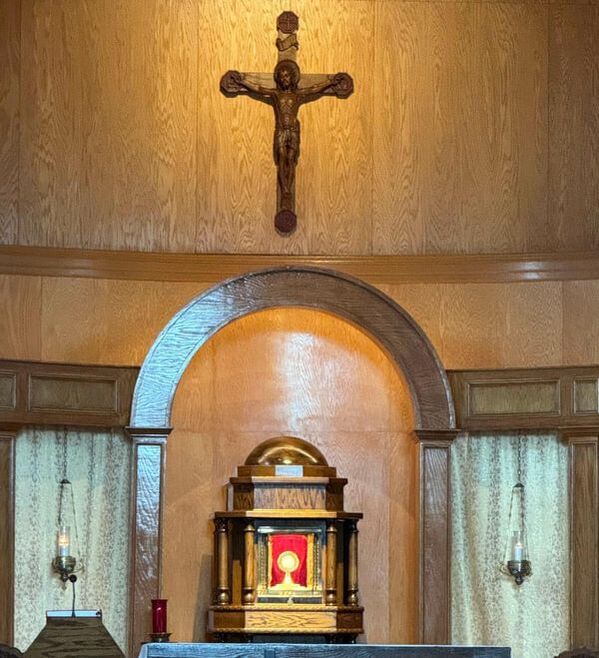
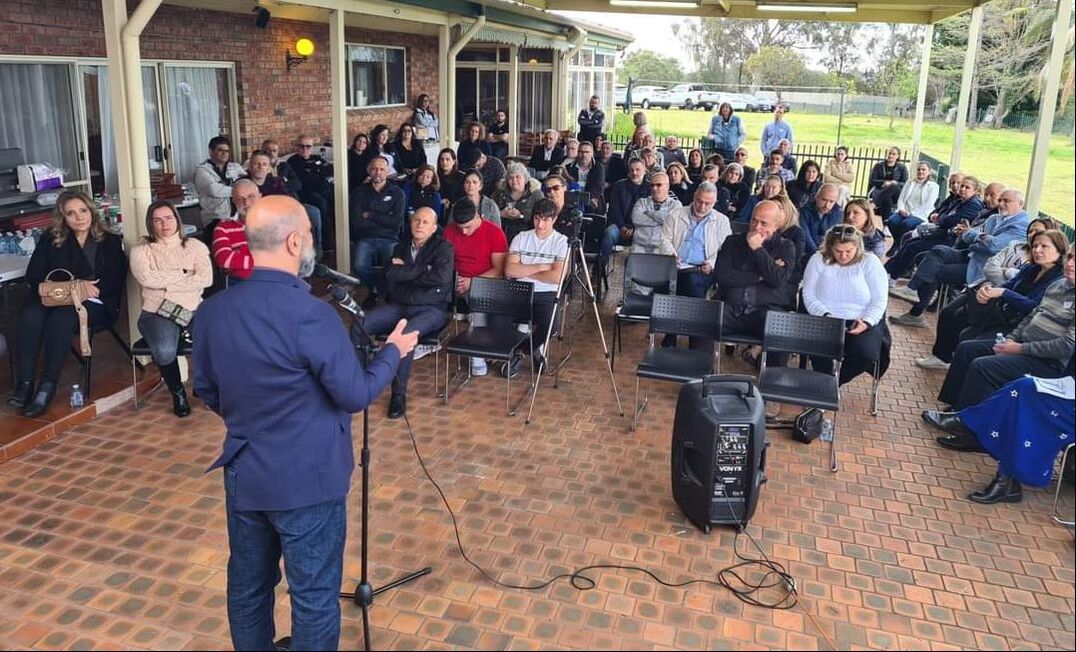
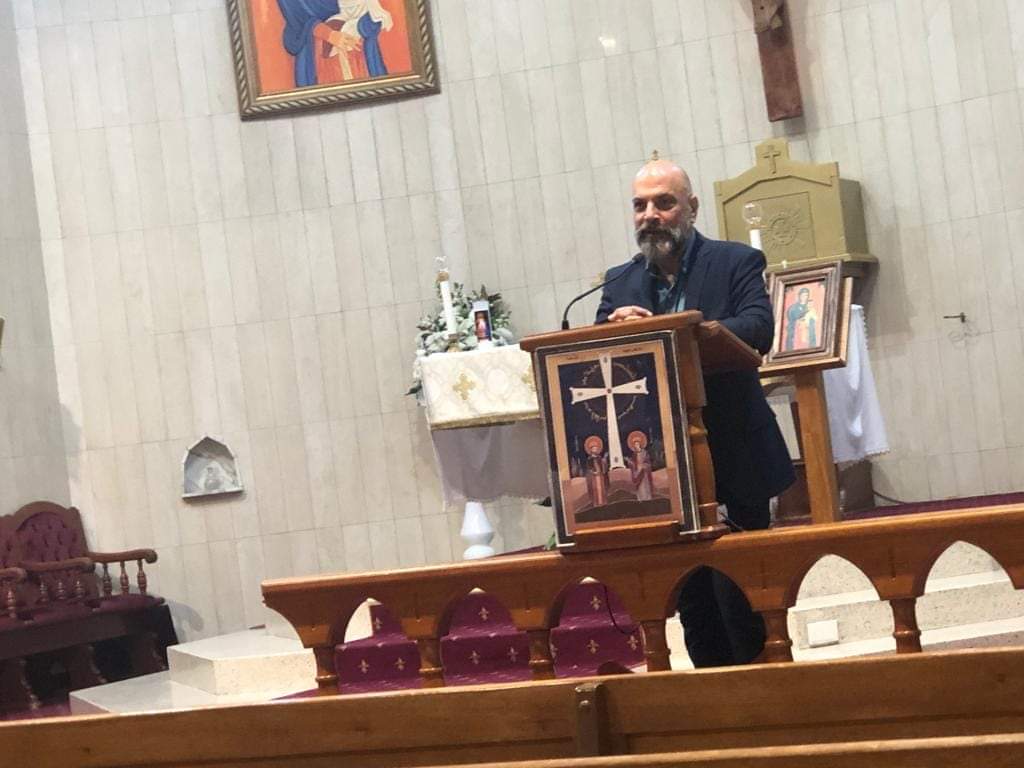
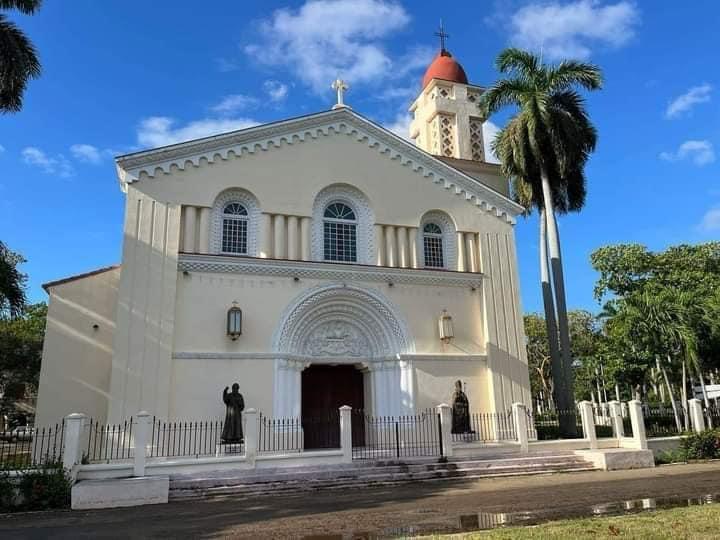
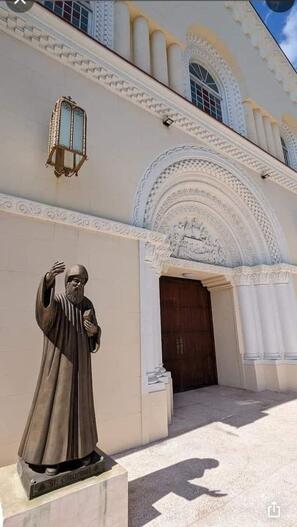
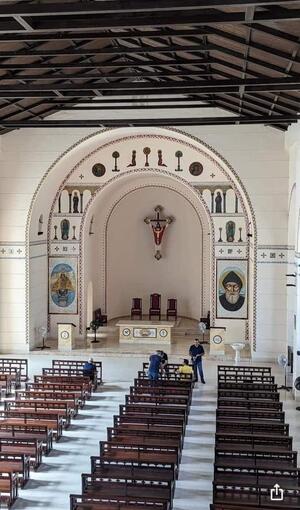

 RSS Feed
RSS Feed